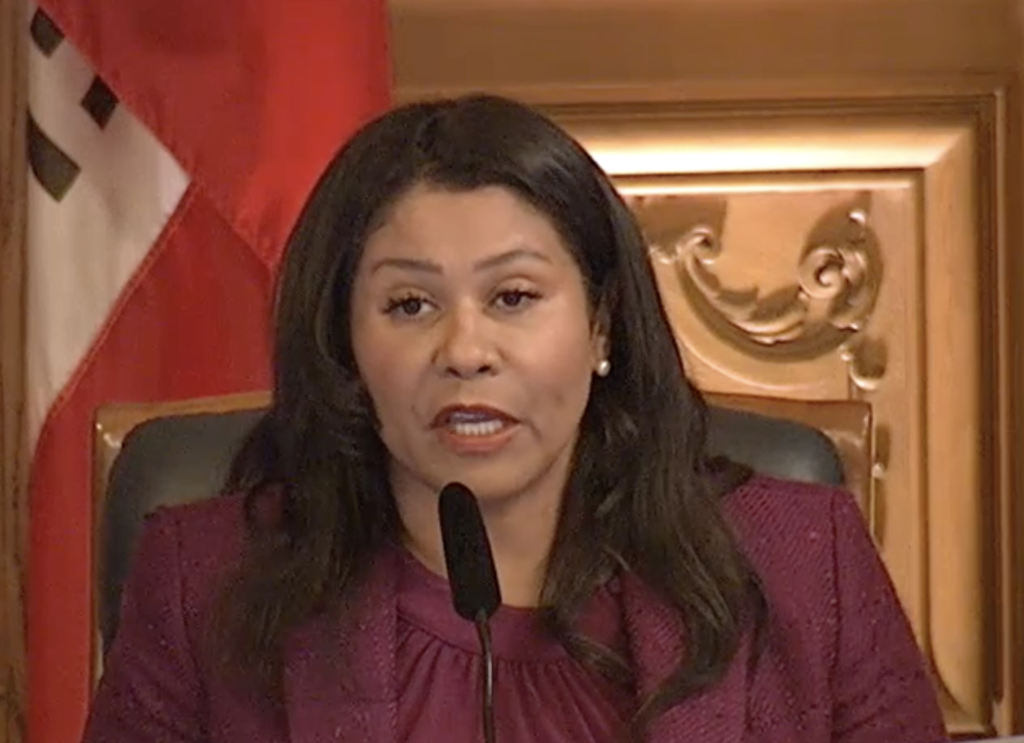A new report from the city’s economist directly undercuts the entire premise of Proposition C—that it will encourage new housing, revitalize downtown, and bring more money into city coffers.
In fact, the report, which you can read here, says there will be very few office buildings converted to housing anyway—and if there are conversions, the tax cut will cost the city far more than it will gain.

From the report:
Conversion of office space to housing does not appear to be financially feasible at the moment, and the proposed incentive is likely too small to close the feasibility gap.
If market conditions change in the future, and conversions do become feasible, the proposed incentive is likely to lead to a negative economic impact, and an extended period before foregone transfer tax revenue is recouped by higher property tax revenue for the City. …Broader goals of revitalizing downtown and increasing housing opportunities are certainly important, but might better be pursued through zoning changes that could be economically and financially beneficial to the city.
In other words: This at best worthless, and at worst a giveaway to developers that will make the budget crisis worse.
I have had plenty of issues in the past with the city’s economist and the reports that come out of that office—not so much for the data but for the conclusions.
But the data on this one looks pretty solid. The conclusion, which so far has no media coverage, is that Prop. C won’t encourage more housing, won’t do much to revitalize downtown, and to the extent it ever did, would be at a huge cost to the city.
The idea of Prop. C is, on the surface, to give incentives (and always watch public policy that is based on “incentives” to the private sector) for developers to covert empty office space to housing.
That, the argument goes, would make downtown a more lively place, with people living and dining and enjoying entertainment in what has traditionally be an area that’s dead in the evening and weekends.
Help us save local journalism!
Every tax-deductible donation helps us grow to cover the issues that mean the most to our community. Become a 48 Hills Hero and support the only daily progressive news source in the Bay Area.
But converting offices to housing is really expensive; offices have one bathroom for maybe 50 people, and much of the space is interior areas with no windows. Housing requires at least one bathroom per unit, and you can’t call a space a bedroom without a window.
Only a tiny number of buildings are even set up in a way that’s even possible for that sort of conversion: About 13 percent, the report says. And:
Conversions can be financially viable if the developer can purchase the office building significantly below pre-pandemic valuation levels.
So this only works if the building owners take a huge loss.
The other aspect of Prop. C, which the report doesn’t address, is that it would allow the Board of Supes, with a simple majority, to undermine the voter-approved hikes on high-end real-estate sales. That’s probably the biggest issue with this measure: If a more conservative board cut those taxes, hundreds of millions of dollars that are supposed to be spent on affordable housing would vanish—and the only beneficiaries would be individuals and corporations who bought and sold very high-end property.
That is, the very rich.
So the city loses all that money, maybe, if it passes and the right-wing controls the board in the future. But let’s look further;
Overall, the cost of the foregone revenue would outweigh the annual gain by a factor of 29:1 for condos, and 102:1 for apartments. Since the foregone revenue occurs at the time of sale, and the tax gain accrues over time, these ratios can be understood as a payback period. Under these assumptions, the City would recoup the foregone revenue from condo conversions in 29 years, and from apartment conversion in 102 years.
That’s a key statistic. Even if all goes well, and buildings get converted, the tax revenue from the Prop. C cut would so overwhelm any future tax revenue that the city would see a net loss for at least 29 years, and maybe more than a century.
Does anyone think this is a good deal?




